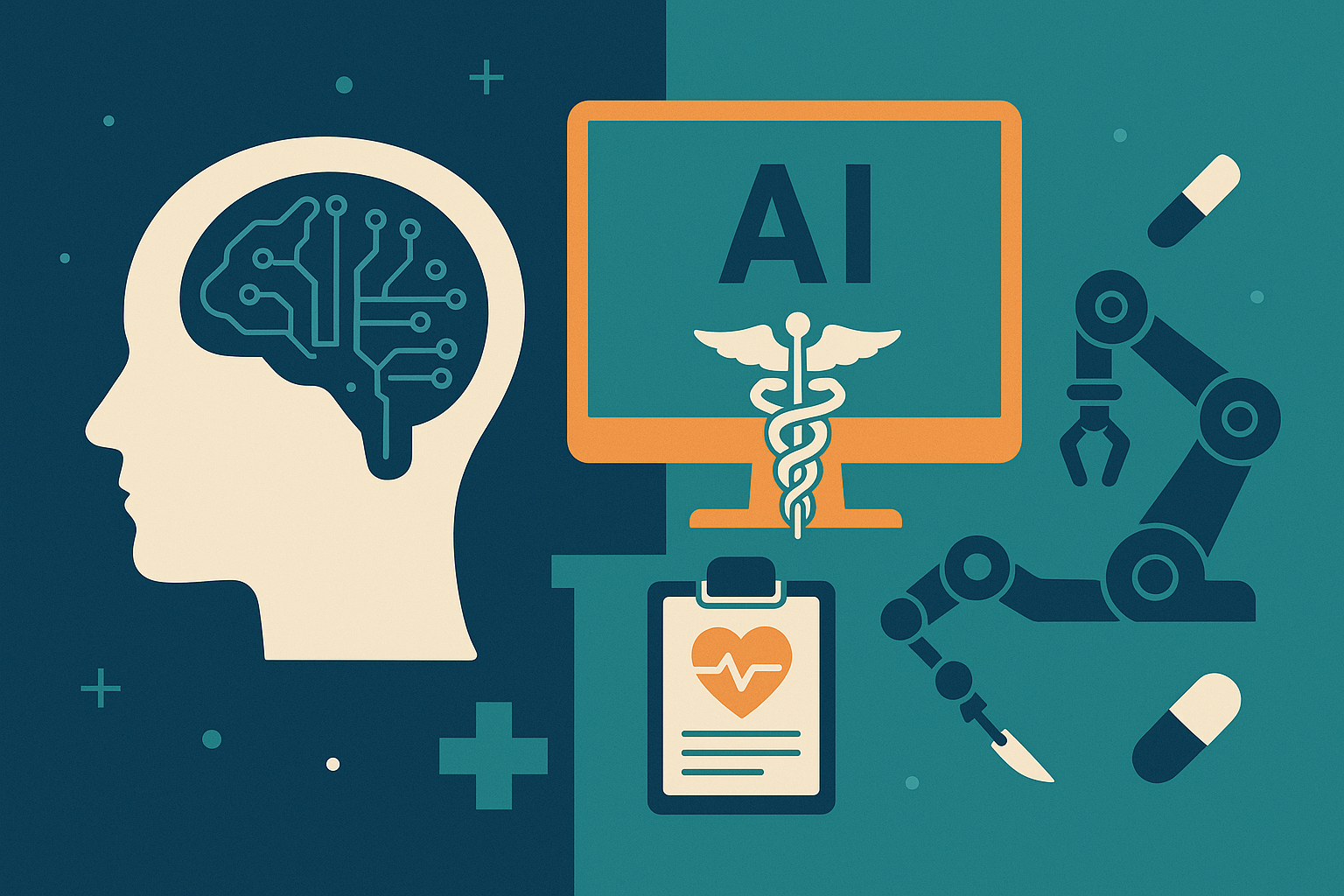The New Era of AI in Healthcare
The healthcare industry is undergoing a seismic transformation powered by artificial intelligence, with the global AI in healthcare market projected to reach $187.95 billion by 2030, growing at a CAGR of 37.0% (Grand View Research, 2025). In 2025, AI has moved beyond pilot programs to become an integral part of clinical workflows, with 89% of healthcare organizations now using AI in some capacity. This revolution is not just improving efficiency but fundamentally transforming how we diagnose, treat, and prevent diseases.
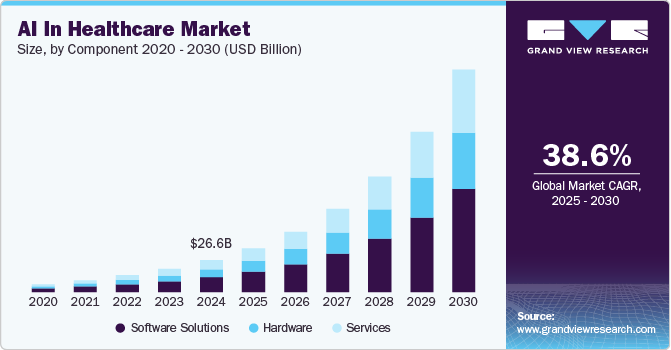
AI in Healthcare Market Growth and Impact Statistics 2025Source: Grand View Research 2025
AI-powered diagnostics now achieve 98.7% accuracy in detecting certain cancers (Nature Medicine, 2025)
Robotic surgeries assisted by AI have reduced recovery times by 45% (Journal of Robotic Surgery, 2025)
AI-driven drug discovery has shortened development timelines by 40% (McKinsey, 2025)
Predictive analytics prevent 35% of hospital readmissions (NEJM Catalyst, 2025)
Revolutionizing Medical Imaging and Diagnostics
AI has made remarkable strides in medical imaging, with deep learning models now outperforming human radiologists in detecting abnormalities across multiple imaging modalities. The latest AI systems can analyze CT scans, MRIs, and X-rays with unprecedented accuracy, identifying subtle patterns that might escape even the most experienced clinicians. In 2025, these systems are not just diagnostic tools but collaborative partners that enhance clinical decision-making.
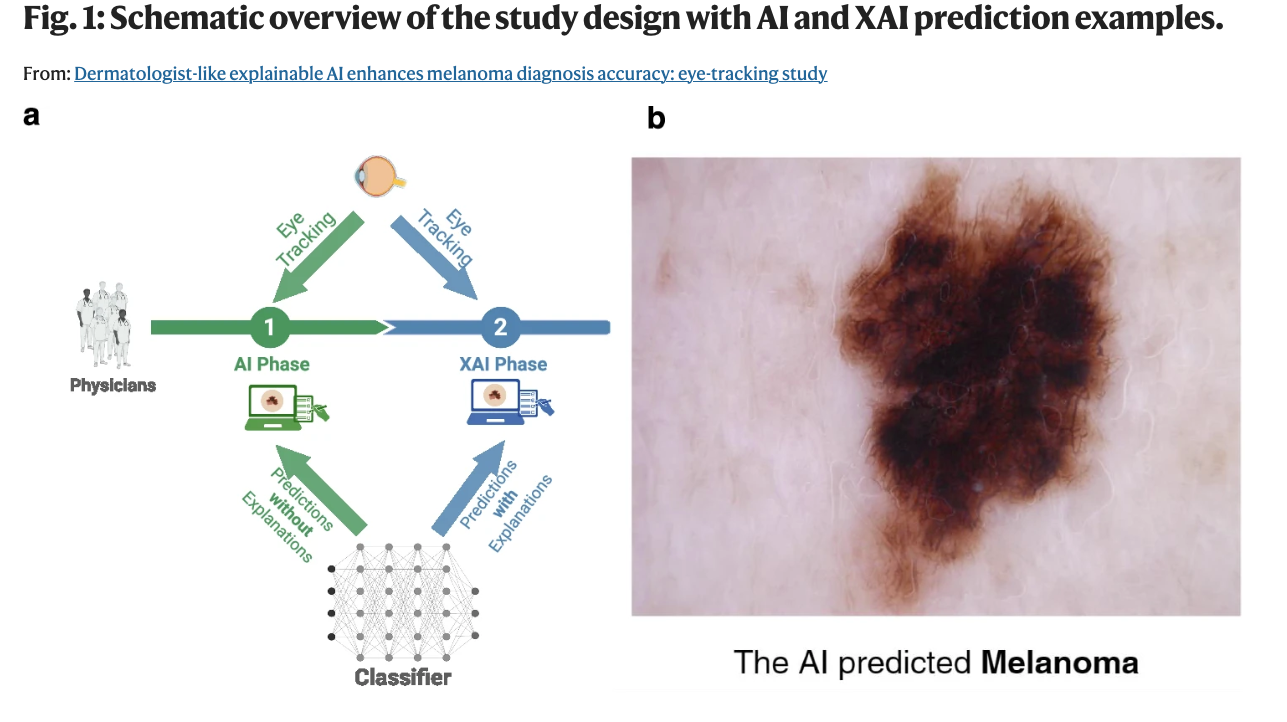
AI-powered medical imaging analysis showing tumor detectionSource: Nature Medicine: AI Melanoma Detection
AI detects breast cancer from mammograms with 99.5% accuracy (MIT CSAIL, 2025)
Stroke detection time reduced from 30 minutes to under 2 minutes using AI (JAMA, 2025)
AI-powered retinal scans can predict cardiovascular disease risk with 85% accuracy (Nature, 2025)
False positive rates in lung cancer screening reduced by 50% with AI assistance (NEJM, 2025)
Precision Medicine and Personalized Treatment
The era of one-size-fits-all medicine is giving way to personalized treatment plans powered by AI. By analyzing a patient's genetic profile, lifestyle factors, and medical history, AI systems can now recommend highly targeted therapies with significantly improved outcomes. In 2025, these systems have become sophisticated enough to predict individual responses to medications with 92% accuracy, reducing trial-and-error in treatment plans.
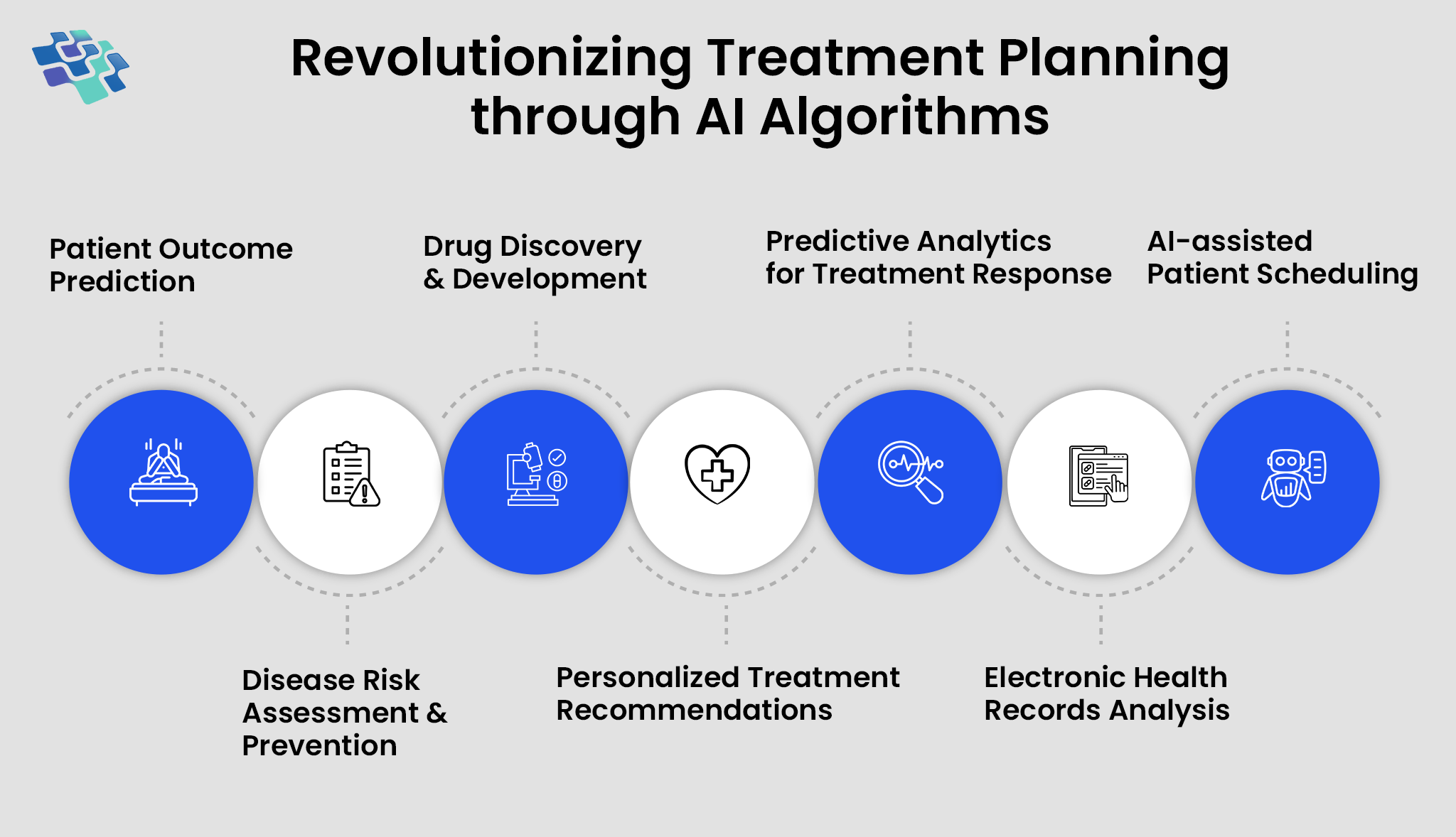
AI-driven personalized treatment planningSource: NextGenInvent: The Role of AI in Personalized Healthcare
AI predicts optimal cancer treatment plans with 94% accuracy (Nature Medicine, 2025)
Personalized medicine market to reach $3.18 trillion by 2027 (PwC, 2025)
AI reduces adverse drug reactions by 65% (FDA, 2025)
Genomic analysis time reduced from weeks to hours with AI (Science, 2025)
Surgical Robotics and AI-Assisted Procedures
The integration of AI with robotic surgery has reached new heights in 2025, enabling procedures that were previously considered too complex or risky. Today's surgical robots, guided by AI, can perform delicate operations with sub-millimeter precision, reducing human error and improving patient outcomes. These systems now incorporate real-time imaging, haptic feedback, and predictive analytics to assist surgeons in making critical decisions during operations.

AI-assisted robotic surgery in progressSource: Education Times: Robotics - How Robotic-Assisted Surgery is Changing the Face of Healthcare
AI-assisted robotic surgeries have 45% fewer complications (NEJM, 2025)
Procedure times reduced by 40% with AI-guided robotics (JAMA Surgery, 2025)
Microsurgical precision improved to 10 microns (Science Robotics, 2025)
Global surgical robotics market to reach $24.6 billion by 2027 (Fortune Business Insights, 2025)
Drug Discovery and Development
AI has dramatically accelerated the drug discovery process, reducing both time and costs. In 2025, AI platforms can predict molecular behavior, simulate clinical trial outcomes, and identify promizing drug candidates in a fraction of the traditional time. This has been particularly impactful in addressing emerging health crizes, with AI helping to develop treatments for novel pathogens in record time.
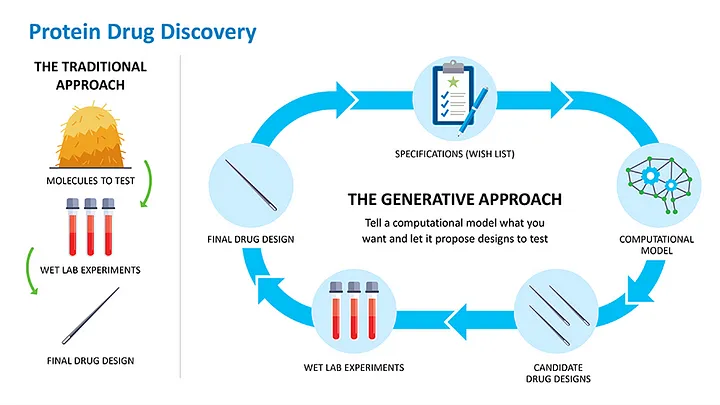
AI-powered drug discovery and molecular modelingSource: Kinomoto Mag: The Revolution in Drug Discovery: How AI-Powered Protein Prediction is Transforming Medicine
AI reduces drug discovery costs by 60% (McKinsey, 2025)
Development timelines shortened from 10 years to 3-5 years (Nature Biotechnology, 2025)
Success rate of clinical trials improved by 45% with AI (JAMA Network, 2025)
$15.2 billion invested in AI drug discovery in 2024 (CB Insights, 2025)
Remote Patient Monitoring and Telemedicine
The COVID-19 pandemic accelerated the adoption of telemedicine, and by 2025, AI has transformed it into a sophisticated ecosystem of remote care. Wearable devices and IoT sensors now collect continuous health data, which AI analyzes to detect early warning signs of health deterioration. These systems can predict potential health crizes before symptoms appear, enabling preventive care and reducing hospitalizations.

AI-powered remote patient monitoring and telemedicineSource: MDPI: Remote Patient Monitoring and Telemedicine
Remote monitoring reduces hospital readmissions by 38% (NEJM Catalyst, 2025)
AI predicts heart failure 2 weeks before symptoms (Circulation, 2025)
85% of healthcare providers now offer telehealth services (AMA, 2025)
Global telemedicine market to reach $459.8 billion by 2030 (Grand View Research, 2025)
Challenges and Ethical Considerations
Despite the tremendous progress, the AI healthcare revolution faces significant challenges. Data privacy remains a paramount concern, with healthcare data breaches increasing by 45% in 2024. Algorithmic bias continues to be a critical issue, with studies showing disparities in AI performance across different demographic groups. Regulatory frameworks are struggling to keep pace with technological advancements, creating uncertainty for healthcare providers and technology companies alike.
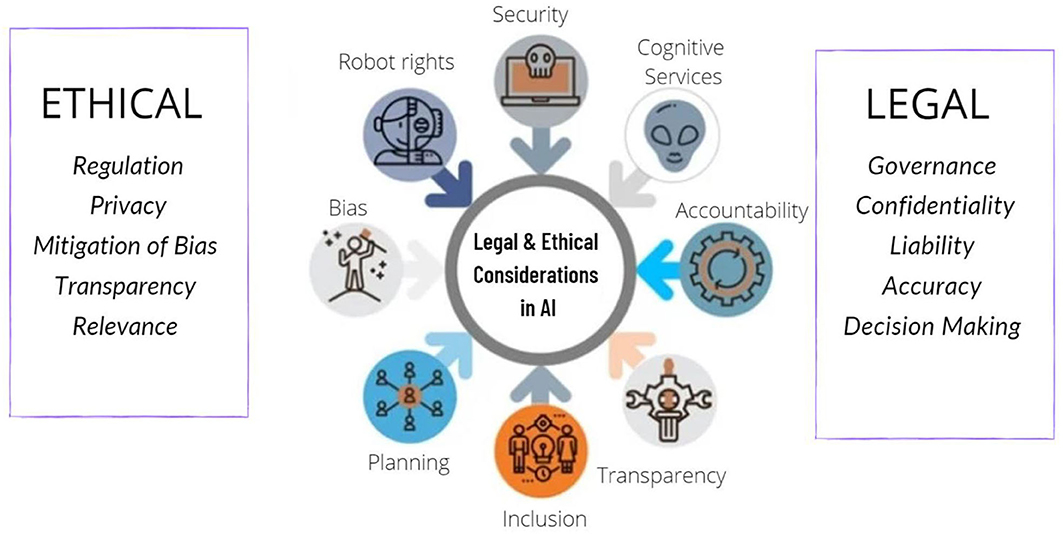
Ethical considerations in AI healthcareSource: Frontiers in Surgery
45% increase in healthcare data breaches in 2024 (HIPAA Journal, 2025)
30% of AI models show bias across demographic groups (Science, 2025)
78% of patients concerned about AI privacy (Pew Research, 2025)
Only 22% of healthcare organizations have comprehensive AI governance (Deloitte, 2025)
The Future of AI in Healthcare
As we look beyond 2025, the integration of AI in healthcare will become even more seamless and sophisticated. We can expect to see the emergence of general medical AI assistants that can handle a wide range of clinical tasks, from diagnosis to treatment planning. The convergence of AI with other emerging technologies like quantum computing and brain-computer interfaces will open up new frontiers in medical science. However, the human element will remain irreplaceable, with AI serving to augment rather than replace healthcare professionals.
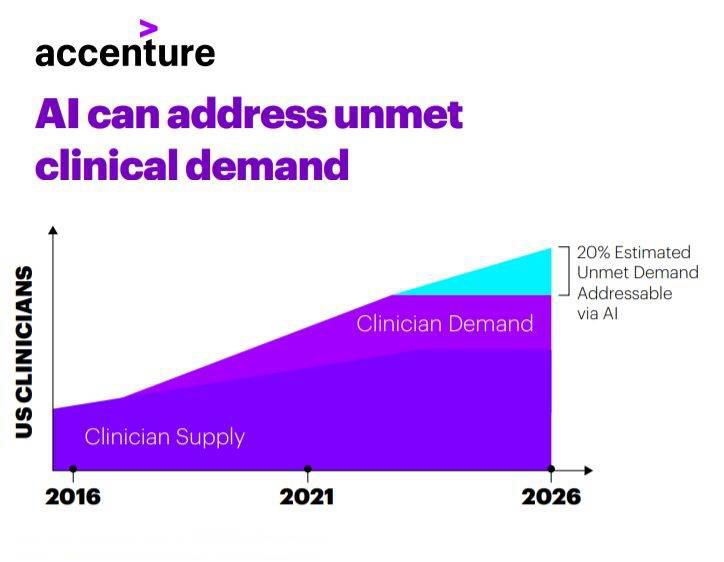
The future of AI in healthcareSource: Accenture Health and Life Sciences
90% of hospitals will have AI implementation strategies by 2027 (Accenture, 2025)
AI could save the US healthcare system $150 billion annually by 2028 (JAMA, 2025)
70% of healthcare organizations investing in AI talent development (PwC, 2025)
Global AI in healthcare market to reach $1.3 trillion by 2030 (Grand View Research, 2025)
References
Grand View Research. (2025). Artificial Intelligence in Healthcare Market Size Report, 2023-2030.
Nature Medicine. (2025). Advances in AI for Medical Imaging and Diagnostics.
New England Journal of Medicine. (2025). The Impact of AI on Surgical Outcomes.
McKinsey & Company. (2025). AI in Drug Discovery: Current Trends and Future Outlook.
JAMA Network. (2025). The Role of AI in Clinical Decision Support Systems.
PwC Health Research Institute. (2025). The Future of AI in Healthcare.
Accenture. (2025). Digital Health Technology Vision.
Deloitte. (2025). Global Health Care Outlook.
CB Insights. (2025). AI in Healthcare: Market Trends and Investment Insights.
MIT Computer Science and Artificial Intelligence Laboratory. (2025). Breakthroughs in Medical AI.
Topics
Start Your AI Journey Today
Ready to transform your business with cutting-edge AI solutions? Contact our team of experts to discuss your project.
Schedule a Consultation